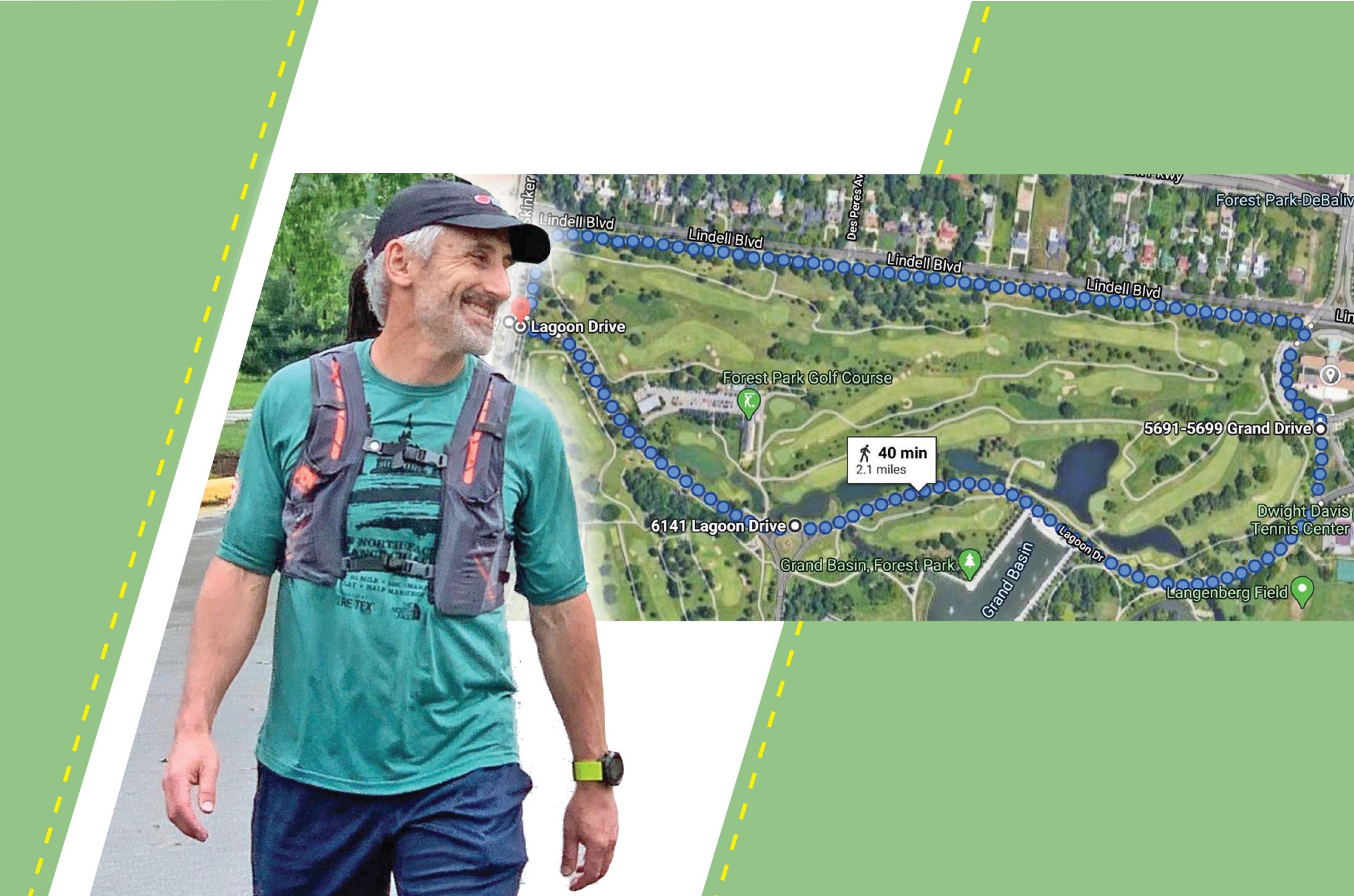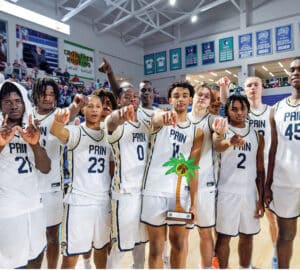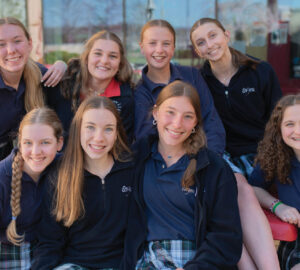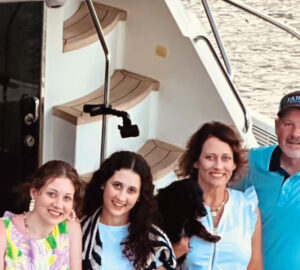Tim Burke, a principal at Edward Jones, is no stranger to a challenge. As an ultra distance runner, he has mastered courses most of can’t imagine tackling. When the coronavirus pandemic hit St. Louis, he was determined to use his experience to give back. In support of Operation Food Search, he ran 100 miles in a little over 24 hours.
Burke’s interest in long distance running developed over time. “After my first half marathon, I swore I was never going to run that far again,” he recalls. Despite his initial resistance, his wife encouraged him to continue, and he found inspiration in books like Born to Run and Running to the Edge. “Physics limits how fast people can run, but these books explore how long they can,” he says. “I wanted to find out how far I could go.”
In 2012, Burke participated in his first ultramarathon. The 146-mile course took him from the lowest point in the continental United States, Badwater Basin in Death Valley, to the highest peak, Mount Whitney. He ran it all in support of SouthSide Early Childhood Center. For him, the decision to combine the pursuit with giving back came naturally. “Ultra distance running is a very selfish sport,” he explains. “I spend a lot of time training away from my family, and there is an entire crew to support me. I don’t want it just to be about me, though; it needs to make a bigger difference.”
This spring, many races Burke planned to run were cancelled due to COVID-19. He noticed that several went virtual but decided that he could give back in a different way. “I didn’t need another T-shirt or medal for participating,” he notes. “I figured that if I raised money and ran on my own, there would be no operating expenses. All of the funds could go toward the cause.” He says OFS seemed like a natural fit because the pandemic has increased demand for all of its services.
When it came time to plan the run, Burke determined that mid-May would offer the best weather. That meant he had two weeks to pull everything together. He decided on Forest Park and chose a flat, two-mile loop where he had trained previously. The route ensured that he regularly passed by his Jeep, which served as his aid station. “I spoke to police and park authorities to make sure it would be okay,” he says. “They thought I was crazy but didn’t see a reason I couldn’t run. It all just came together.”
The weekend that Burke chose to run ended up being a rainy one, which presented new challenges. “It slowed me down because wet feet mean blisters,” he says. “The pain kept me awake, so I didn’t have to worry about feeling tired.” The route took 25 hours and 38 minutes for him to finish. He found motivation to keep going in the support of others. He estimates that for 94 of the 100 miles, someone was walking, running or biking beside him. “That made it really special,” he notes.
Burke originally planned a fundraising target of $10,000. But as more people learned about his plan, the goal shifted to $30,000, or $300 per mile. In the end, OFS received almost $36,000. “It’s great to see our community come together in challenging times, and I’m lucky to be part of it,” he says. “You don’t need to take 200,000 steps like I did, but if you take one in order to help somebody, that’s a step in the right direction.”








